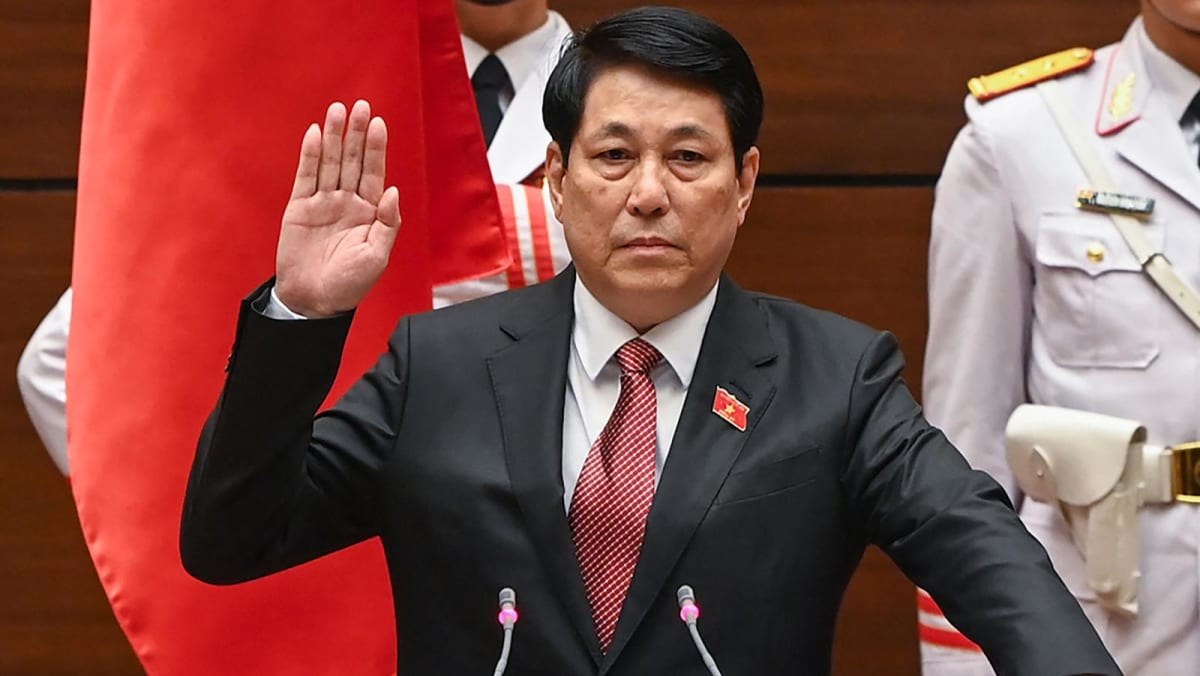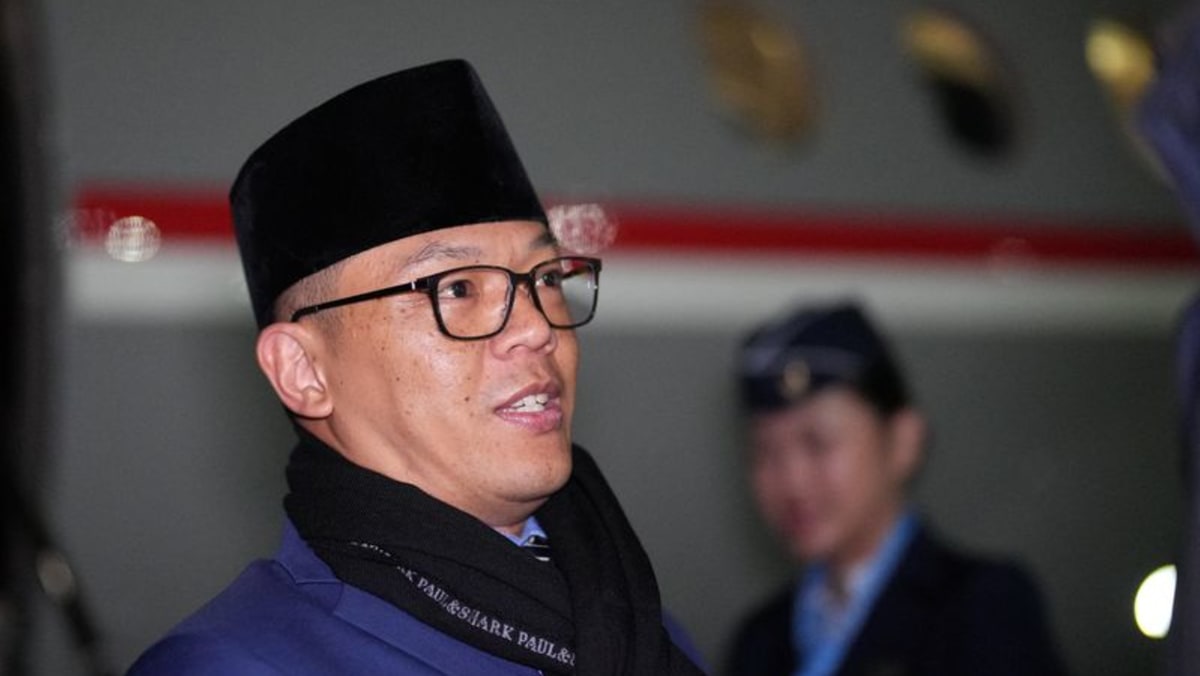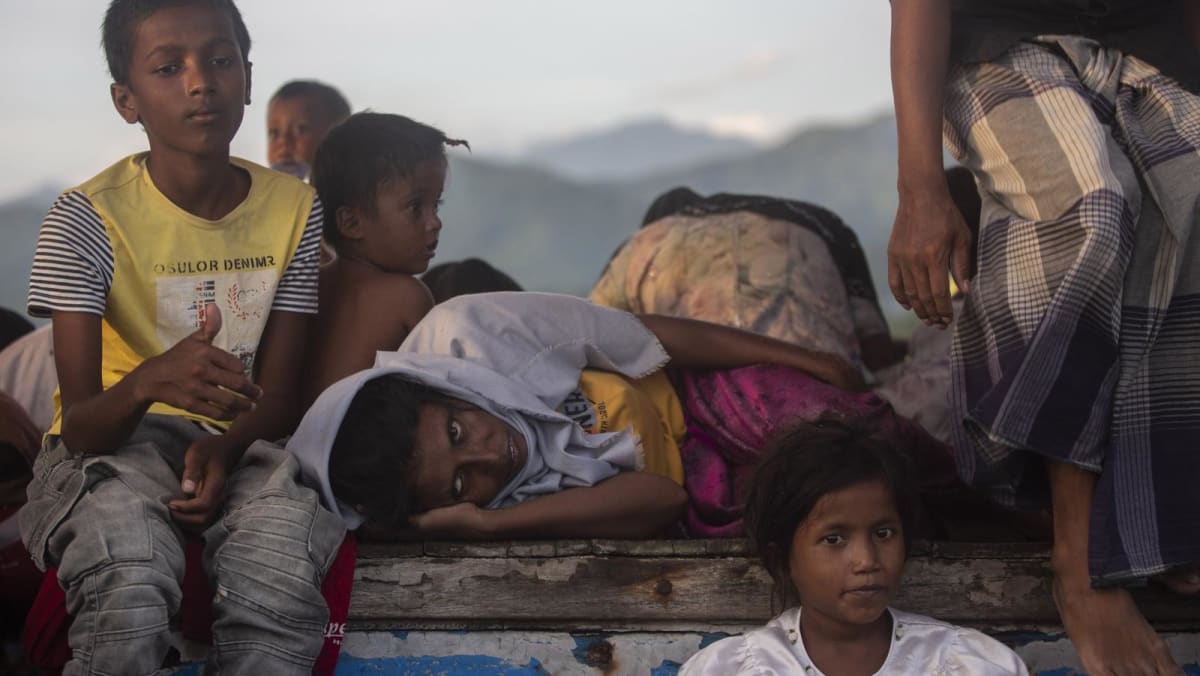The member economies represent over US$28.5 trillion or about 28 per cent of the global economy.
“The commonality here is that they would like to see a global governance system that is more equitable, in which the Global South has more say and receives a greater share of the benefits,” Kupchan said.
“Russia and China are attempting to say that they are leading the charge for that more just international order.”
However, the claim is “more rhetoric than it is reality” as the organisation is in its very early form, he added.
If there is a winner from within the grouping, it is India, said Kupchan.
He noted that a meeting between Chinese President Xi Jinping and his Indian counterpart Narendra Modi at the BRICS summit led to a thawing in their relations, and a pact to resolve border issues.
Kupchan pointed out that India sits in the Shanghai Cooperation Organization, which was established by China and Russia in 2001. But at the same time, it is also in the the US-led Quad grouping, which is meant to hedge against the rise of China.
“What we’re seeing in the Kazan meeting is a glimpse of what’s to come – a much more complicated international landscape, what you might call variable geometry, not the two-bloc world that we saw during the 20th century,” Kupchan added.














